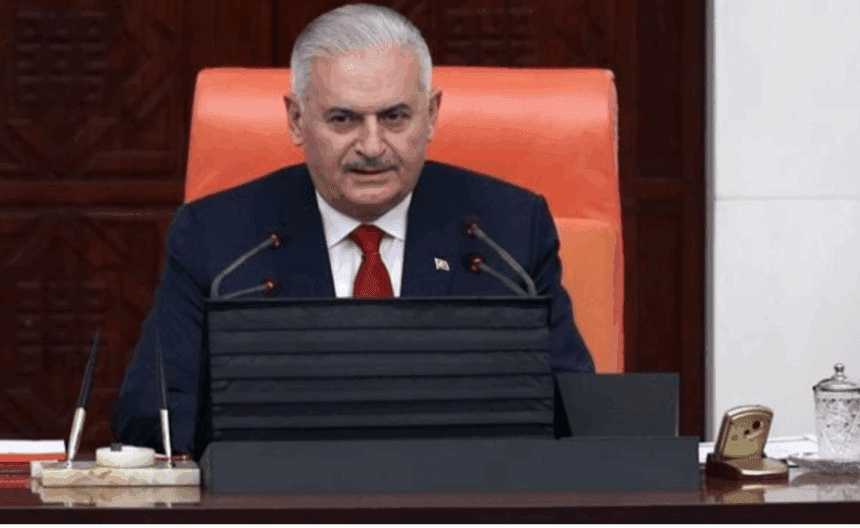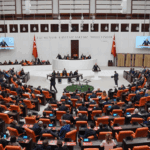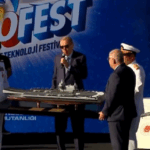Former Prime Minister and parliament speaker Binali Yıldırım said strengthening local administrations should be seen as an efficiency reform rather than a constitutional threat, arguing that decentralization in Turkey must remain “purely administrative” and “closed to political or federal ideas.”
His remarks came as the National Solidarity, Brotherhood and Democracy Commission met for the seventh time, drawing a rare lineup of former speakers: Hikmet Çetin, Ömer İzgi, Bülent Arınç, Köksal Toptan, Mehmet Ali Şahin, Cemil Çiçek, İsmet Yılmaz, İsmail Kahraman, Yıldırım and Mustafa Şentop.
The session probed how a renewed political process might be structured, with several speakers pressing for clearer scope, inclusive participation and parliamentary oversight.
Cemil Çiçek said the commission must first decide what it is — and is not — set up to do. “If we do not talk about mistakes and acknowledge them, we have no chance of finding what is right,” he said, calling for national solidarity, “brotherhood,” and a candid audit of democratic shortcomings. While parliament “must do its part,” he added, developments in Iran, Iraq and Syria will inevitably shape outcomes.
İsmet Yılmaz urged a unifying tone. “The path to solving Turkey’s problems runs through reconciling with society’s culture and building a strong and pluralistic democracy,” he said.
Invoking an earlier opening, İsmail Kahraman pointed to Abdullah Öcalan’s Newroz letter read in Diyarbakır on March 21, 2013, which he said created a “positive atmosphere” before “external interventions” derailed momentum. “If we, with our own spirit and faith, sincerely engage with this matter, God willing, we will solve the problem,” Kahraman said.
Yıldırım framed a recent call by Öcalan as an “important threshold,” praising a subsequent weapons-destruction ceremony by the Peace and Democratic Society Group as “a good start.” He said representation in the commission has reached “around 95%,” and argued the way forward rests on equal citizenship grounded in the constitution rather than ethnic identity. “Our path is to establish our brotherhood on common values,” he said. “Strengthening local administrations is not a threat to the unitary state; it is an opportunity to deliver services more effectively. This structure, also described as decentralization, is only an administrative arrangement.”
Mustafa Şentop pressed for a process that is transparent and broad-based, extending beyond government and the security establishment to include parties, civil society, academics and opinion leaders. The long-term goal of a “Turkey without terror,” he warned, must not be sacrificed to election calendars or short-term politics. “This is only possible if the process is transparent, accountable and under parliamentary oversight,” he said.
Closing the meeting, Speaker Numan Kurtulmuş stressed the commission is not drafting a law or constitution. All sessions have been public except one, he said, which was closed due to intelligence briefings. Calling the talks “productive” and a source of “new perspectives,” Kurtulmuş said meetings would continue “swiftly” with an expectation of tangible results. “We see that we are hopeful,” he said.



